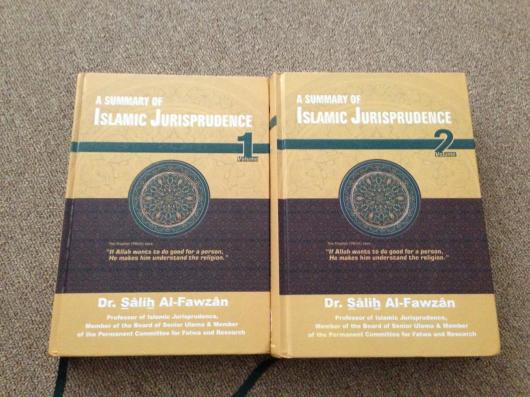
by Christopher W. Holton
One of the most common remarks we hear is a reflection of pessimism from many Americans who doubt that we can ever defeat an enemy whose doctrine is so deeply rooted in a religion that is followed by 1.6 billion people backed by oil wealth.
Some say that victory–if it can ever be achieved at all–won’t happen in our lifetimes. Some even say it will take hundreds of years.
But history and Islamic doctrine suggest otherwise.
The fact is, Islamic doctrine hasn’t changed in around 1,400 years. During that time, Islam has been at war with its neighbors almost constantly. ALMOST.
When the Jihadists’ victims have fought back successfully, Islam has sat dormant for long periods of times.
Think about it. In recent years, apologists for Jihad have claimed that they are only waging war against us because we occupy “their lands,” Dar-al-Islam.
But this does not add up historically. For instance, take World War II in North Africa.
Back in 1941-42, the German Afrika Korps, the British 8th Army and the U.S. 7th Army all occupied and ran roughshod over Dar-al-Islam in North Africa and nary a single Jihadist lifted a dagger in anger, much less a rifle or land mine.
Why do you suppose that is?
It was because Islam was far too weak to challenge the Germans, the British or the Americans in 1942.
Can you imagine George S. Patton’s reaction to Jihadist insurgents attacking U.S. troops in those days?
This is in fact reflected in Islamic doctrine. When Islam is too weak to successfully wage Jihad, it is actually forbidden from doing so. And the best way to make Islam too weak is to become too strong for them.
Like I said, it’s in their doctrine. They’ve codified the practice of quitting the fight when the going gets too rough long ago.
A great source for this is “A Summary of Islamic Jurisprudence” by Dr. Salih Al-Fawzan, published by Al-Maiman Publishing House in Saudi Arabia.
In the entire chapter devoted to Jihad in this book of Islamic law (Shariah), the conditions under which Jihadists stop fighting is spelled out in detail based on the Sunnah of Mohammed:
• It is permissible for the ruler to agree to a truce with the disbelievers to stop fighting for a specific period if this serves the interests of Muslims, and only when it is permissible to delay jihad due to the weakness of Muslims. The Prophet (PBUH) agreed to a peace treaty with the disbelievers at Al-Hudaybiyah Peace Treaty (sic), and made a peace treaty with the Jews in Medina. However, it is permissible for the ruler to agree to a truce with the disbelievers when Muslims are strong and able to fight.
This means two things:
1. Jihadists will quit fighting when they are losing. They will seek a truce when they are losing to keep from being defeated. If the Jihadists are strong enough to successfully wage violent Jihad, they must, by their law, do so.
2. If the Jihadists enter into negotiations for a truce, that is in fact the time to “pour it on.” When we respond with weakness to the Jihadists, we compel them to continue to wage Jihad. When we respond with strength, we have a chance to either defeat them or at least compel them to cease violent Jihad for a period of time.




